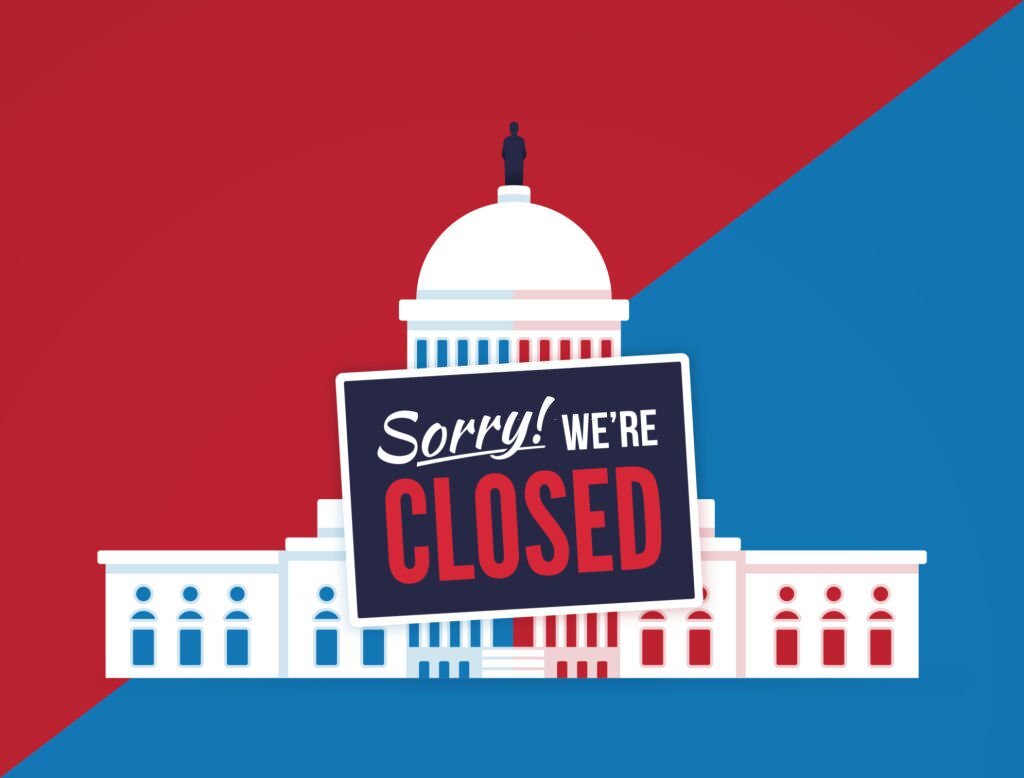Taxes
If the Government Shuts Down, How Will it Affect the IRS?
With a government shutdown looming, some wonder how IRS operations would be affected. Does the agency have a plan?
Sep. 26, 2023

By Kelley R. Taylor, Kiplinger Consumer News Service (TNS)
The prospect of a government shutdown is spotlighting several federal agencies. But the IRS has been in the news lately, mainly due to being allotted $80 billion in the Inflation Reduction Act. (That amount will drop to about $60 billion due to the debt limit deal reached earlier this year.) After releasing a multibillion-dollar spending plan for the funding, the IRS launched new compliance initiatives focused on tax-evading millionaires, high earners, complex partnerships, and corporations.
The agency is also cracking down on fraud and tax scams, recently announcing a moratorium on processing new employee retention tax credit claims. The IRS wants to hire 3,700 new agents to audit complex returns. In addition to ramped-up enforcement efforts, the agency has touted gains such as reduced processing times, faster tax refunds, and shorter wait times for taxpayer phone assistance.
On the other hand, the IRS has come under fire for significant missteps, like allegedly violating taxpayer rights in some instances, back-dating documents in a conservation easement tax case, and auditing Black taxpayers at higher rates. The agency also recently couldn’t account for millions of backup tax records, according to the TIGTA (Treasury Inspector General for Tax Administration), and mistakenly labeled living taxpayers as deceased.
So, a question is, will IRS enforcement activity and process improvement halt if the federal government shuts down? Here’s what you need to know.
Government shutdown 2023?
Whether there will be a shutdown of the federal government remains uncertain.
- The deadline is Sept. 30 for lawmakers on Capitol Hill to have a continuing resolution to fund the government.
- However, due to the narrow majority and political divisions among Republicans in the House of Representatives, the chances of reaching an agreement before Saturday decrease with each passing day.
In the event of a government shutdown, most federal agencies and workers experience some level of impact. However, federal agencies have backup plans in place, and essential services continue to function—at varying levels. For example, critical services such as Social Security, Medicare, and Medicaid payments continue.
However, as Kiplinger reported according to a statement by President Biden, air traffic controllers and Transportation Security Administration (TSA) officers would have to work without pay, which could result in flight delays and longer wait times for airport travelers.
Of course, anytime the federal government shuts down, significant impacts ripple throughout the U.S., affecting people across the country in different ways.
The president of the National Treasury Employees Union, Doreen Greenwald, emphasized in a release that “a government shutdown is not a harmless, DC drama. Federal employees in every American community will lose income, through no fault of their own, and in many cases, they will be locked out of doing the work they were hired to do for the American people,” Greenwald stated.
NTEU represents federal workers in 35 departments and agencies.
Does the IRS have a plan?
At first, there was an assumption that the IRS would continue to function as usual during a government shutdown, as its operations could be sustained through Inflation Reduction Act funding. However, recent reports indicate that the IRS may have to partially shut down and potentially furlough thousands of its employees.
Last week, the NTEU indicated that the IRS is developing a new contingency plan to address a 2023 government shutdown.
Stay tuned for details on how that plan may or may not impact you—and your taxes.
______
All contents copyright 2023 The Kiplinger Washington Editors Inc. Distributed by Tribune Content Agency LLC.
